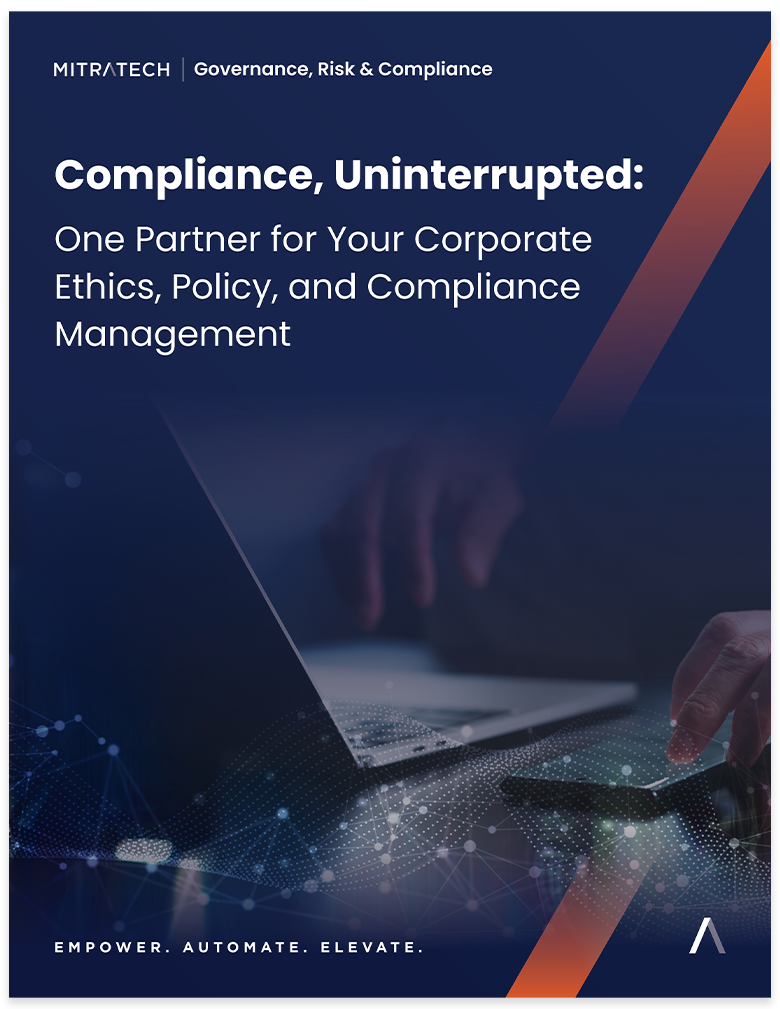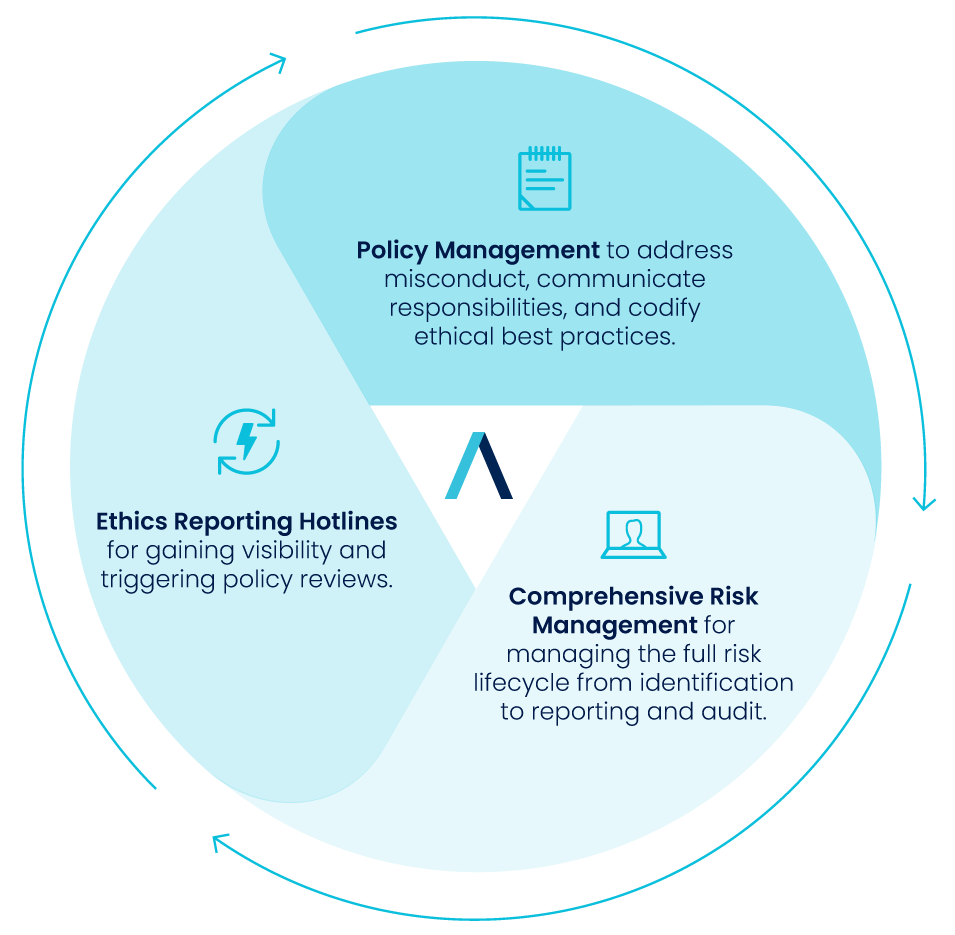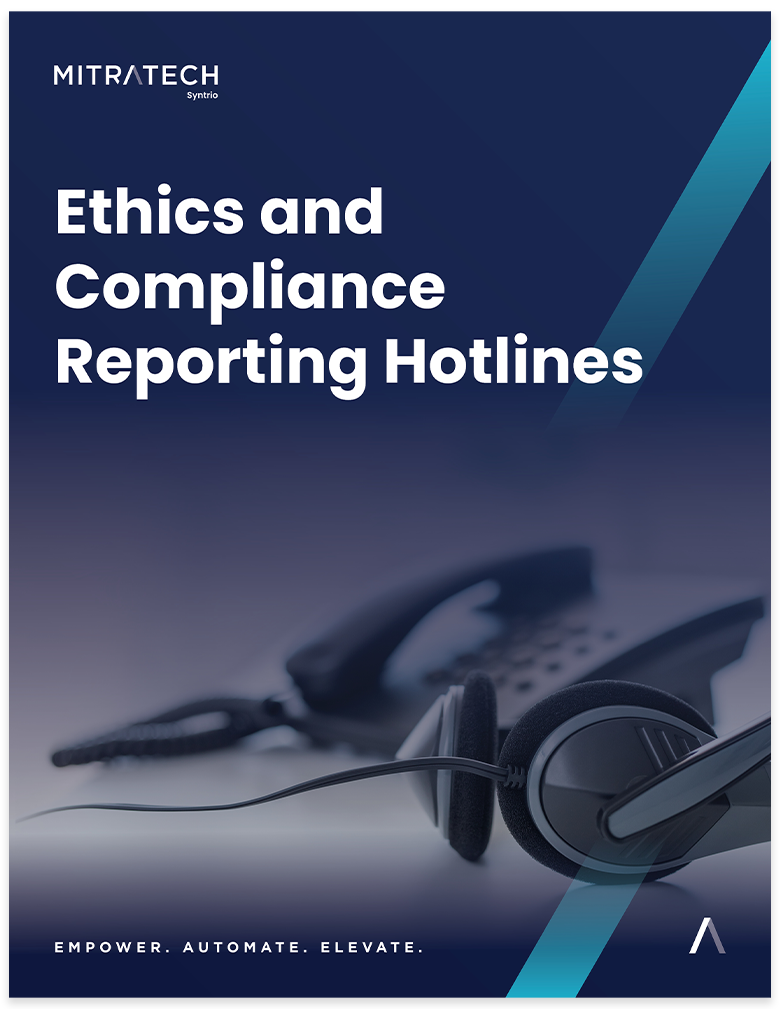DOJ Unveils Whistleblower Rewards Program: What Every Business Needs to Know
The Department of Justice has launched the Corporate Whistleblower Awards Pilot Program to fight corporate crime. See how it impacts your organization.
The U.S. The Department of Justice (DOJ) has just rolled out the Corporate Whistleblower Awards Pilot Program, a game-changer for corporate accountability. This new three-year initiative offers financial rewards to individuals who report corporate misconduct, aiming to uncover unethical practices and deter future wrongdoings. Whistleblowers who provide significant information that lead to enforceable actions can receive substantial rewards, making it crucial for organizations to be prepared to see engagement.
Current whistleblower rewards programs have been increasingly successful, achieving remarkable results. Creola Kelly, Chief of the Office of the Whistleblower (OWB), highlighted their impact, stating, “We saw three strands of the SEC Whistleblower Program come together in FY 2023 — record award amounts, unprecedented public participation, and strong enforcement of whistleblower protections.” However, despite their success, there are key differences with the new DOJ Pilot Program. Let’s dive into everything your business needs to know about the Pilot Program.
What is the Corporate Whistleblower Awards Pilot Program?
The Corporate Whistleblower Awards Pilot Program is a three-year pilot program that utilizes financial rewards to incentivize individuals to report corporate misconduct directly to the Department of Justice. This program aims to bridge the gaps left by existing whistleblower programs and reinforce compliance and ethical behavior within corporations.
Why a New Program?
Historically, the DOJ has had success with the False Claims Act, which encourages whistleblowers to report fraud in government programs. Other federal agencies, such as the Securities and Exchange Commission (SEC), Commodity Futures Trading Commission (CFTC), and Financial Crimes Enforcement Network (FinCEN), also operate effective whistleblower rewards programs that expose crimes and prosecute violators. The DOJ utilizes information from these programs to uncover corporate illegality, advance investigations, and prosecute wrongdoers. While these established programs have been invaluable, they do not cover the full range of corporate crimes that the DOJ handles.
What Are the Goals of the Program?
The primary objectives of the Pilot Program are to:
- Supplement Existing Programs: This program is not meant to replace other successful whistleblower rewards programs, rather enhance the effectiveness by addressing types of corporate crimes they don’t cover.
- Encourage Reporting: By using financial rewards to motivate individuals to report corporate misconduct, it ensures a higher level of corporate accountability.
- Strengthen Compliance: Promote stronger compliance training within organizations to prevent unethical activities.
- Effective Utilization of Forfeiture: Improve the use of criminal and civil asset forfeiture as a tool to combat offenders.
How Does the Whistleblower Rewards Program Work?
Here’s everything you need to know about how the program works, eligibility criteria, and how rewards are calculated and distributed.
Reporting Misconduct
Under the Whistleblower Pilot Program, individuals are encouraged to report corporate misconduct — either internally within their corporation or directly to the DOJ. An internal report is not mandatory, however, it is strongly encouraged to allow companies the opportunity to address issues internally first.
The 120-Day Window
If a whistleblower chooses to report misconduct internally, the company then has a 120-day window to escalate and self-disclose the report to the DOJ. This timeline is critical for the company to qualify for a “presumption of a declination,” provided they also meet other requirements such as full cooperation and timely, appropriate remediation.
Amendment to the Voluntary Self-Disclosure and Corporate Enforcement Policy
The DOJ has temporarily amended its Corporate Enforcement Policy (CEP) to align with the Whistleblower Pilot Program. Previously, an internal escalation that resulted in self-reporting was often viewed as involuntary, especially if it appeared it was done under an imminent threat of disclosure or government investigation. Now, provided the self-disclosure is made within 120 days of the internal report and fulfills all CEP requirements, the company can qualify for a presumption of a declination.
Who Qualifies?
An individual may be eligible for a whistleblower award if they provide original information in writing that leads to criminal or civil forfeiture exceeding $1,000,000 in net proceeds. This information must pertain to specific subject matter areas:
- Financial Institutions: Violations by banks or their employees, such as money laundering, fraud, or non-compliance with financial regulations.
- Foreign Corruption and Bribery: Violations involving bribery or corruption in other countries, including breaches of the Foreign Corrupt Practices Act.
- Domestic Bribery: Instances where companies bribe or provide kickbacks to government officials at any level – federal, state, or local.
- Health Care Violations: Federal health care crimes, fraud related to private health care programs, fraud against patients or investors, or other healthcare-related crimes are not covered by the Federal False Claims Act.
Eligibility Criteria
An individual can qualify for a whistleblower award by providing original information in writing to the Department. This information must adhere to specific conditions and procedures and result in criminal or civil forfeiture exceeding $1,000,000 in net proceeds. The forfeiture must be part of a successful prosecution, corporate criminal resolution, or civil forfeiture action related to corporate criminal conduct within the designated program areas. The award can be granted to one person or shared among multiple individuals who provide the information jointly.
Who Isn’t Eligible?
Not everyone can receive an award for reporting wrongdoing under the DOJ’s Whistleblower Pilot Program. Simply put, those who are not eligible are:
- Entities: Companies or other types of organizations can’t qualify. Only individual people or groups of individuals can.
- Other Programs: If you could get an award through another U.S. government whistleblower program for the same report, you can’t get one from this program.
- Government Ties: If you are or were a DOJ official, employee, contractor, or closely related to or living with someone who is, you can’t qualify.
- Foreign Officials: If you are or were an elected or appointed official of a foreign government, you can’t qualify.
- Involved in the Crime: If you took part in the crime you’re reporting, like planning or profiting from it, you’re not eligible.
- False Information: If you provide false information or lie in your report or dealings with the DOJ, you cannot get an award.
- From Ineligible Sources: If you got your information from someone who is ineligible or you tried to avoid the rules, you can’t qualify.
- Pre-Program Information: If you gave the information to the DOJ before the program started, you can’t get an award.
What Does This Mean for Your Organization?
The whistleblower rewards program brings both risks and opportunities for businesses. It compels companies to enhance their compliance and internal reporting systems to avoid hefty penalties. On the flip side, it encourages building stronger compliance frameworks. The DOJ states that offering incentives to report corporate crime “may also motivate corporations to create more robust compliance programs that detect and deter criminal conduct, including by encouraging internal reporting of complaints.” In order to stay ahead, it’s vital for businesses to tighten their policies and foster a culture of transparency and accountability.
What Steps Should Your Company Take?
In the wake of the DOJ’s whistleblower rewards program, businesses need to be proactive in establishing and maintaining strong internal controls to prevent, detect, and address misconduct. Some steps your organization can take include:
1. Implement a Robust Compliance Program
There is an irrefutable relationship between Ethics Reporting Hotlines, Policy Management, and Compliance Training. These components work in synchronization to create a strong defense against unethical behavior. Today’s teams can no longer afford to have blind spots in (or between) their policy management, incident reporting, and employee training. From initial education through incident response, your corporate ethics and compliance approach must be connected, continuous, and constantly improving.
2. Establish or Enhance Internal Reporting Systems
Implementing effective internal reporting systems, such as ethics hotlines, is critical for early detection and resolution of potential issues. It’s imperative that businesses encourage employees to report concerns without fear of retaliation. According to Mitratech Syntrio’s 2024 State of Ethics Hotline Report, “Ethics hotlines have moved far beyond supporting regulatory compliance initiatives to also helping prevent workplace harassment and discrimination, detecting and averting fraud, and inhibiting health and safety incidents.”
3. Train and Educate Employees on Whistleblower Policies
While establishing and improving ethics hotlines help reduce fraud losses, the impact is even greater when the hotline is accompanied by high-quality training systems. When a hotline and training are utilized, organization’s globally reduce loss as much as 50%. Educating employees on the importance of whistleblower policies and encouraging a speak-up culture are fundamental practices for any organization. Training should cover the significance of whistleblowing, protections in place for whistleblowers, and the process for reporting unethical behavior.
Navigating the DOJ’s Whistleblower Rewards Program: Next Steps
The Corporate Whistleblower Awards Pilot Program underscores the importance of a robust compliance program and internal reporting systems in today’s business landscape. Now more than ever, organizations must take proactive measures to bolster their compliance frameworks and encourage a “speak-up” culture. By doing so, companies “can prevent, identify, and remediate misconduct before it begins or expands,” according to the DOJ.







